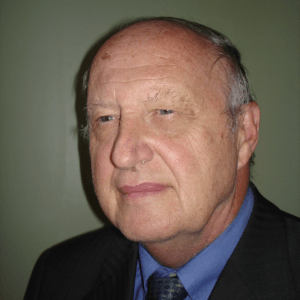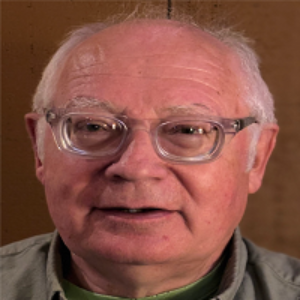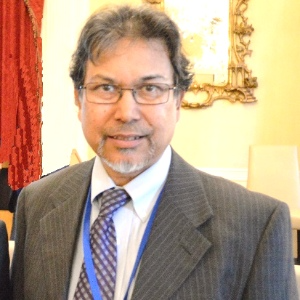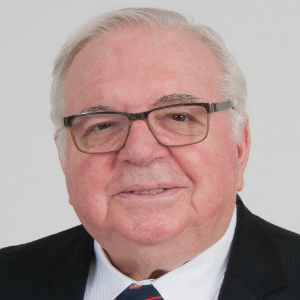Optical materials can be characterised as materials that change or control electromagnetic radiation in the ultraviolet (UV), visible, or infrared (IR) spectrum areas in the broadest sense. Lenses, mirrors, windows, prisms, polarizers, detectors, and modulators, among other optical devices, can refract, reflect, transmit, disperse, polarise, detect, and transform light. Various sorts of materials are utilised for creating optical elements. Optical materials are typically thought of as transparent materials, i.e., materials that transmit light well in specific spectral bands while absorbing and scattering light minimally. Physical qualities of optical materials, like all materials, are derived from their chemical makeup and physical form.
Electronic materials are materials that are commonly employed as key elements in a wide range of device applications. Memories, displays, and LEDs are examples of these elements, which can be found in everyday electronic devices such as cell phones, PCs, laptops, tablets, GPS devices, LED bulbs, TVs, and monitors. Changing dimensions and levels of functionality necessitate ongoing attempts to produce cutting-edge materials in order to satisfy the technological hurdles connected with gadget development.
Magnetic materials are materials that have magnetic properties and are studied and used for that reason. The magnetic dipole moment associated with the inherent angular momentum, or spin, of a material's electrons determines much of its magnetic response. Diamagnetic, paramagnetic, ferromagnetic, or antiferromagnetic describes a material's response to an applied magnetic field. In today's technology, magnetic materials play an important function. Motors, generators, and transformers all use them as crucial components. Magnetic materials have been used for a long time. Magnetic materials are now used in almost every aspect of modern technology.
Surface plasmon resonance (SPR)-related science and technology have recently spawned a new branch of research known as "plasmonics." Plasmonics is a branch of physics that studies the interaction of light waves with metallic surfaces, as well as the resultant density waves of electrons that can occur. A surface plasmon polariton, or surface plasmon, is the resultant electron density wave that propagates along the metal's surface. It makes use of light's coupling to charges in metals, such as electrons, to overcome the diffraction limit for light localisation into subwavelength dimensions, allowing for substantial field enhancements.
- Magneto-plasmonic nanoantennas
- Magnetic-plasmonic bifunctional nanoparticles
- Plasmonic simulation
- Magnetic characterization
- Optical Properties of Material Systems
- The Materials Aspects of Optical Phenomena
- The Materials Aspects of Devices and Applications
- State-Of-The-Art Transistors
- Quantum Spintronics
- Metallization and Superconductivity
- Detectors
- Emitters
- Quantum Information Science and Technology
- Electronic Packaging
- Nanophotonics
- Nano-Optics
- Magnetic–plasmonic hybrid nanoparticles

Ephraim Suhir
Portland State University, United States
Thomas J Webster
Interstellar Therapeutics, United States
Robert Buenker
University of Wuppertal, Germany
Will Skene
Montreal University, Canada
Valeriy A Buryachenko
Micromechanics & Composites LLC, United States
Anis Rahman
Applied Research & Photonics, Inc, United States
Will Skene
Montreal University, Canada
Robert Guidoin
Laval University, Canada
Robert Buenker
University of Wuppertal, Germany


Title : Introducing picotechnology: An exciting extension of nanotechnology
Thomas J Webster, Interstellar Therapeutics, United States
Title : The failure of both einsteins space-time theory and his equivalence principle and their resolution by the uniform scaling method
Robert Buenker, University of Wuppertal, Germany
Title : Material challenges with proton conducting ceramics for intermediate temperature hydrogenation/dehydrogenation applications
Saheli Biswas, Commonwealth Scientific and Industrial Research Organisation, Australia
Title : Porphyrin layers at metal-electrolyte interfaces monitored by EC-STM and CV
Marek Nowicki, University of Wroclaw, Poland
Title : Color control of electrochromes by structural modification
Will Skene, Montreal University, Canada
Title : Make experiments more efficient: Two simple and powerful approaches. Mg2Si growth for photovoltaic and thermoelectric applications
Alexander S Gouralnik , Institute of Automation and Control Processes, Russian Federation
Title : Reconfigurable antenna structures using tunable materials
Nasimuddin, Institute for Infocomm Research, Singapore
Title : (0, 1 and 2) Dimensional hybrid architecture of the synthesized materials leads the smart sensing of the gaseous species at low/room temperature
D R Patil, North Maharashtra University, India
Title : Enhanced grain refinement, precipitates regulation, and improved mechanical properties of cast Al-Li alloy by Ti addition and heat treatment
Lixiong Shao, Shanghai Jiao Tong University, China
Title : Broadband sound attenuation of shape memory polymer with triangular-honeycomb unit cell metamaterial structural design
Musaab Ejaz, Universiti Teknologi PETRONAS (UTP), Malaysia